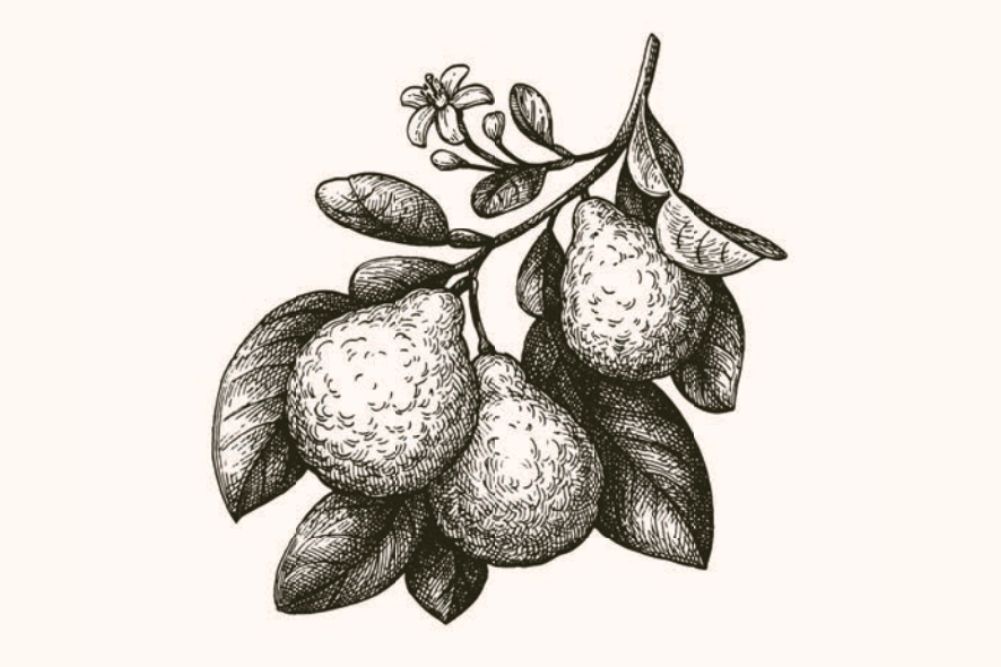Traditional diet increases gut microbiota diversity in children
The trillions of microbiota that live in your gut have an influential effect on your physiology, metabolic health and immune system. Having a high diversity of gut microbes is considered a sign of good health and disruption to your gut microbiota has been linked to diseases such as diabetes, asthma, obesity and heart disease. Your gut microbiota is influenced by what you eat and it is well known that people with traditional diets have a higher gut microbiota diversity than those with urban diets. What is unknown is if urban dwellers can shift the diversity of their gut microbiota by simply following a traditional diet and lifestyle.
The gut microbiota of the two children changed towards a higher number of total microbial species — similar to microbiota diversity in villagers of the same age.
For this research, scientists from New York University investigated the microbiota of seven urban visitors (five adults and two children) staying in a rainforest Amerindian village for 16 days. They compared them with a reference collection of samples from age-matched local villagers. The city dwellers lived among an indigenous Yekwana village in the Bolivar State of Venezuela. The village has a hunter-gatherer-gardener lifestyle and a diet typically of cassava (a starchy, high-fibre tuber), corn, various wild fruits, fish, small amounts of game meat and eggs gathered from wild birds. The city dwellers had two meals a day that consisted of soup with small amounts of fish or meat, while the rest of the day they snacked on cassava with fruits. The visitors also bathed in the river without soap and followed the natural circadian cycles of the villagers.
The researchers collected samples from the visitor’s skin, mouth, nose and faeces. Samples were also collected from age-matched villagers. On sequencing and comparing the samples, the researchers found that the adult visitors’ gut microbiota did not change significantly but the gut microbiota of the two children changed towards a higher number of total microbial species — similar to microbiota diversity in villagers of the same age.
Although this result was based on two children, the researchers note that because the children’s guts exhibited more plasticity, it may be possible to influence their gut microbiota with a more traditional, high-fibre, low-fat and low processed diet from an early age. It was previously thought that children’s gut microbiota becomes stable and more “adult-like” by the time they’re aged three. But this study shows positive changes in children aged four and seven. The study also highlights that it may be too late for adults to significantly change their gut microbiota if they have been used to a diet rich in processed foods and are more exposed to antibiotics and compounds.
Source: mSphere








